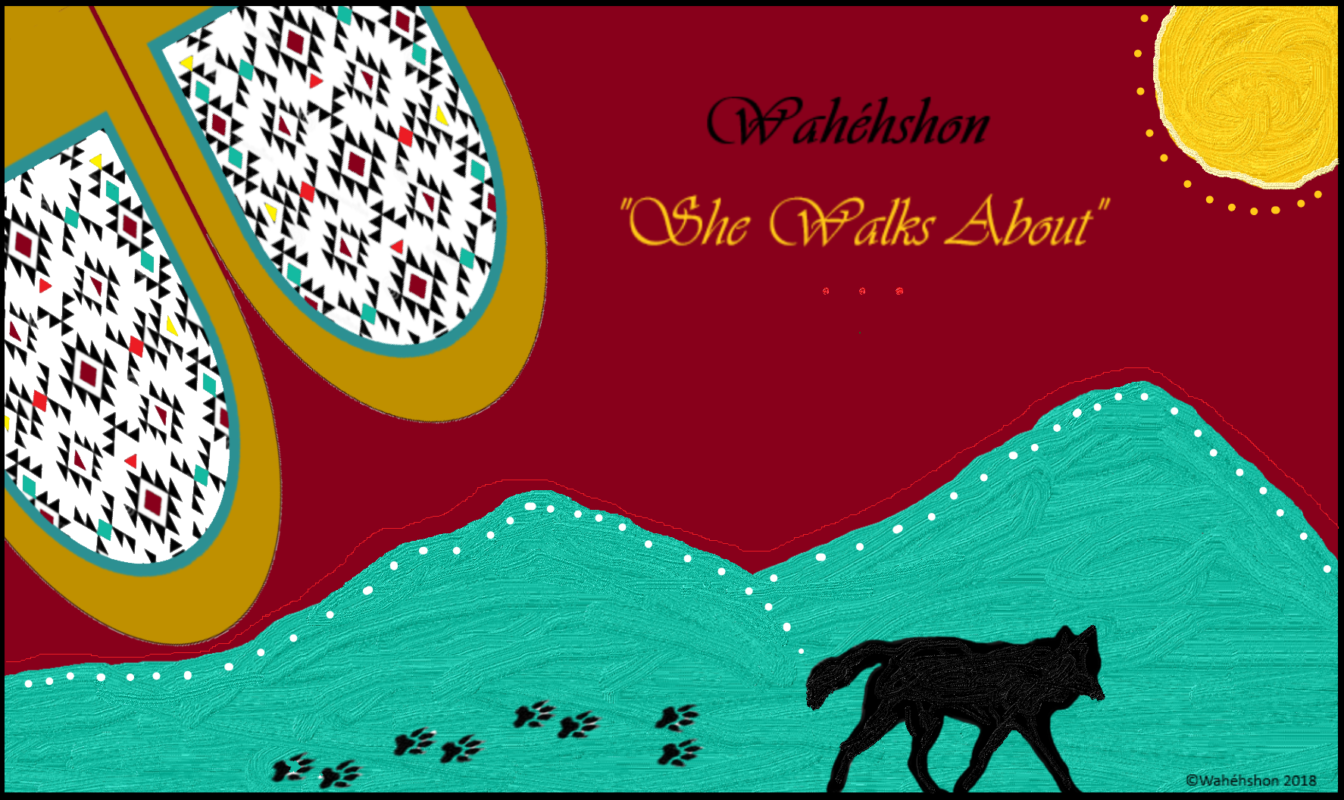Very excited to co-present o a roundtable at the Native American Indigenous Studies Association virtual conference this year. Our pre-recorded session will be posted on the NAISA annual meeting website. Our session will be available on demand as a part of the “Community-based Education & Learning II” bundle on Tuesday June 15, 2021.
Title: Emergent land educations: Queer, collective, and critical visions for Indigenous land-based learning
Presenters: Dr. Elizabeth Fast, Mr. Joseph Naytowhow, Ms. Gabrielle Doreen, Ms. Wahéhshon Whitebean, Mr. Christopher Reid.
Abstract: How is emergent land education work by Indigenous people being critically imagined and practiced in the present? How are Indigenous people across Turtle Island geographies organizing land-based learning in their communities – urban and rural alike – in ways that critically respond to their experiences with colonial modernity? How do queer and feminist orientations to communal land-based learning map otherwise possibilities for Indigenous social life and human-Earth relations? How do inclusive opportunities for embodied knowledge reclamation and political theorizing at land education camps nurture youth wellbeing and shape Indigenous futures? How do lands and waters figure in our collaborative educational research methodologies, literally and metaphorically? This roundtable conversation builds from our insights and experiences as organizers, facilitators, participants, researchers, and theorists of Indigenous land education in multiple community and institutional contexts. We intend to not only clarify some of the fundamental tendencies, aims, and outcomes of this work but to also ask how land education initiatives are shaped by their encounters with conditions and experiences of Indigenous social and political life that are dominantly imagined as non-normative. Refusing colonial normativities, Indigenous land education embraces complex Indigenous relations with land on many fronts, including in contexts of urban intertribal life; through multiple mobilities and modes of remembering and attachment; through relations mediated by queerness and Two-Spiritedness, as well as trans and non-binary experiences of gender; and more. We take inspiration from Alex Wilson’s work on queering land-based education and Joseph Naytowhow’s commitment to gender-inclusivity in teaching and ceremony to imagine queer and otherwise possibilities for being and relating within and beyond our always emergent pedagogies and practices of land education.

